Discussing in groups, delegate Le Thanh Hoan agreed with the amendment and supplementation of a number of articles of the Law on Anti-Corruption. According to the delegate, the development of the draft law aims to promptly institutionalize the Party's guidelines and policies on anti-corruption; ensure compliance with the policy of arranging and streamlining the apparatus of the political system, building a two-level local government, including arranging and streamlining the apparatus, perfecting the functions and tasks of the inspection sector; at the same time, overcoming limitations and inadequacies in the provisions of the law on anti-corruption, contributing to improving the effectiveness and efficiency of state management and the work of preventing corruption, waste and negativity.
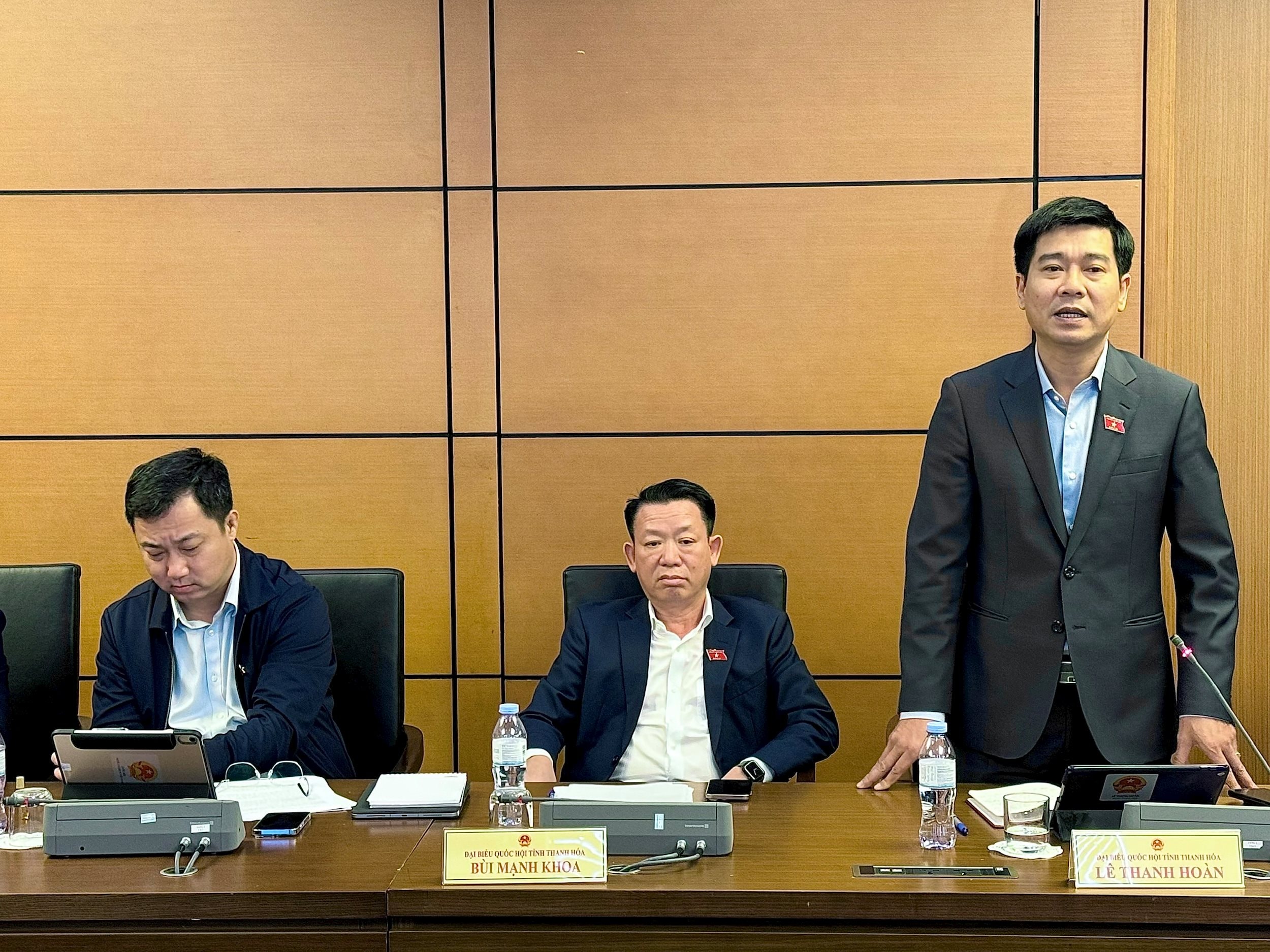
Commenting on the draft law, delegates commented that, in addition to the issues expected to be amended and supplemented in the draft law, there are still a number of limitations and shortcomings of the current Law on Anti-Corruption that have not yet proposed solutions to overcome, and a number of the Party's policies on preventing corruption, waste, and negativity have not been fully institutionalized in this amendment.
That is: the recovery of lost and misappropriated assets in criminal cases of corruption and economic crimes. Including the recovery of lost and misappropriated assets without conviction; the handling of untruthfully declared assets, additional assets of unexplained origin; the implementation of accountability...
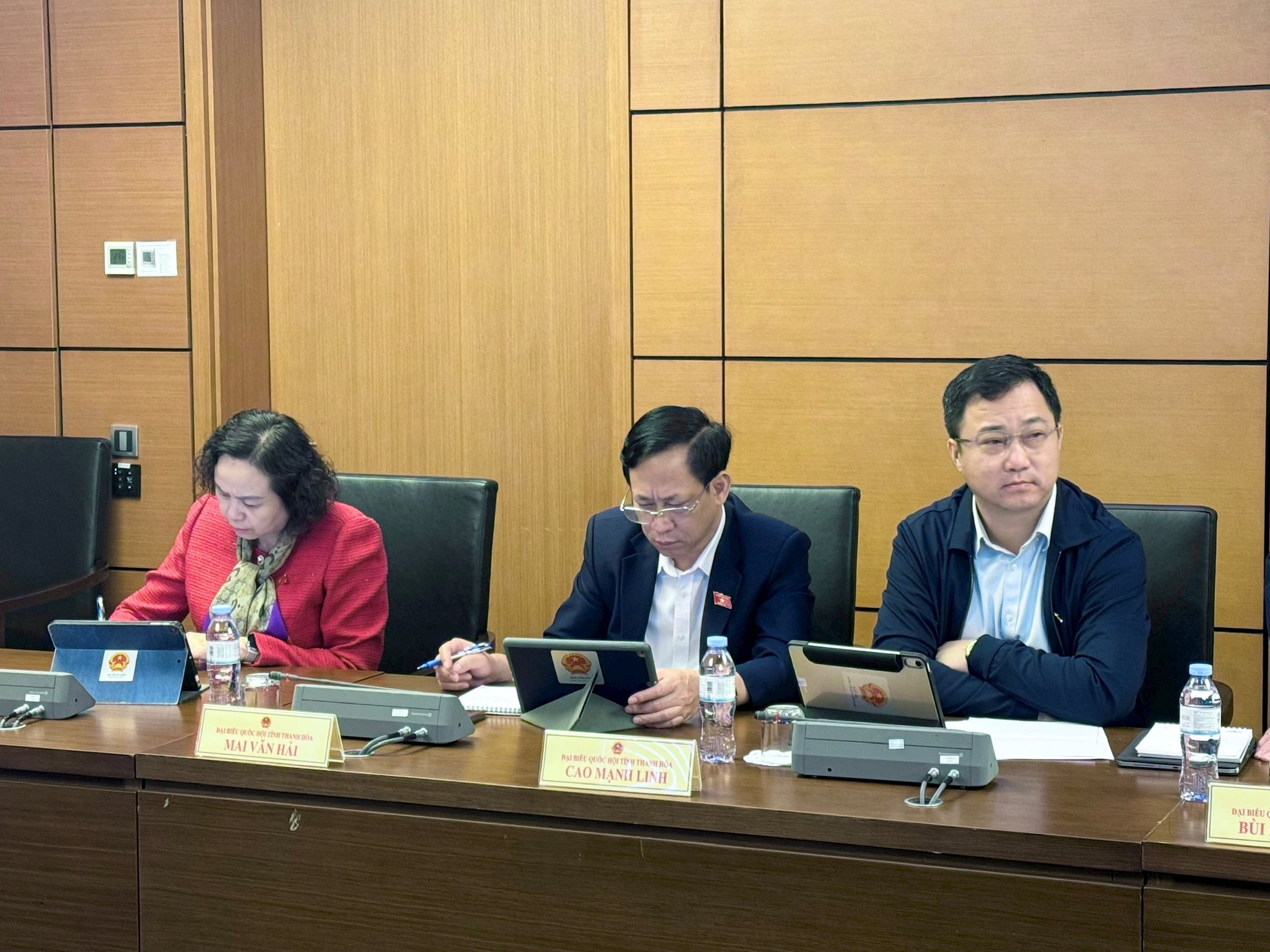
National Assembly Deputy Le Thanh Hoan said that the recovery of lost and misappropriated assets through criminal corruption cases, including the recovery of assets without conviction, was an issue that the National Assembly discussed when promulgating the 2018 Law on Anti-Corruption, but up to now, the draft revised law has not yet had a solution.
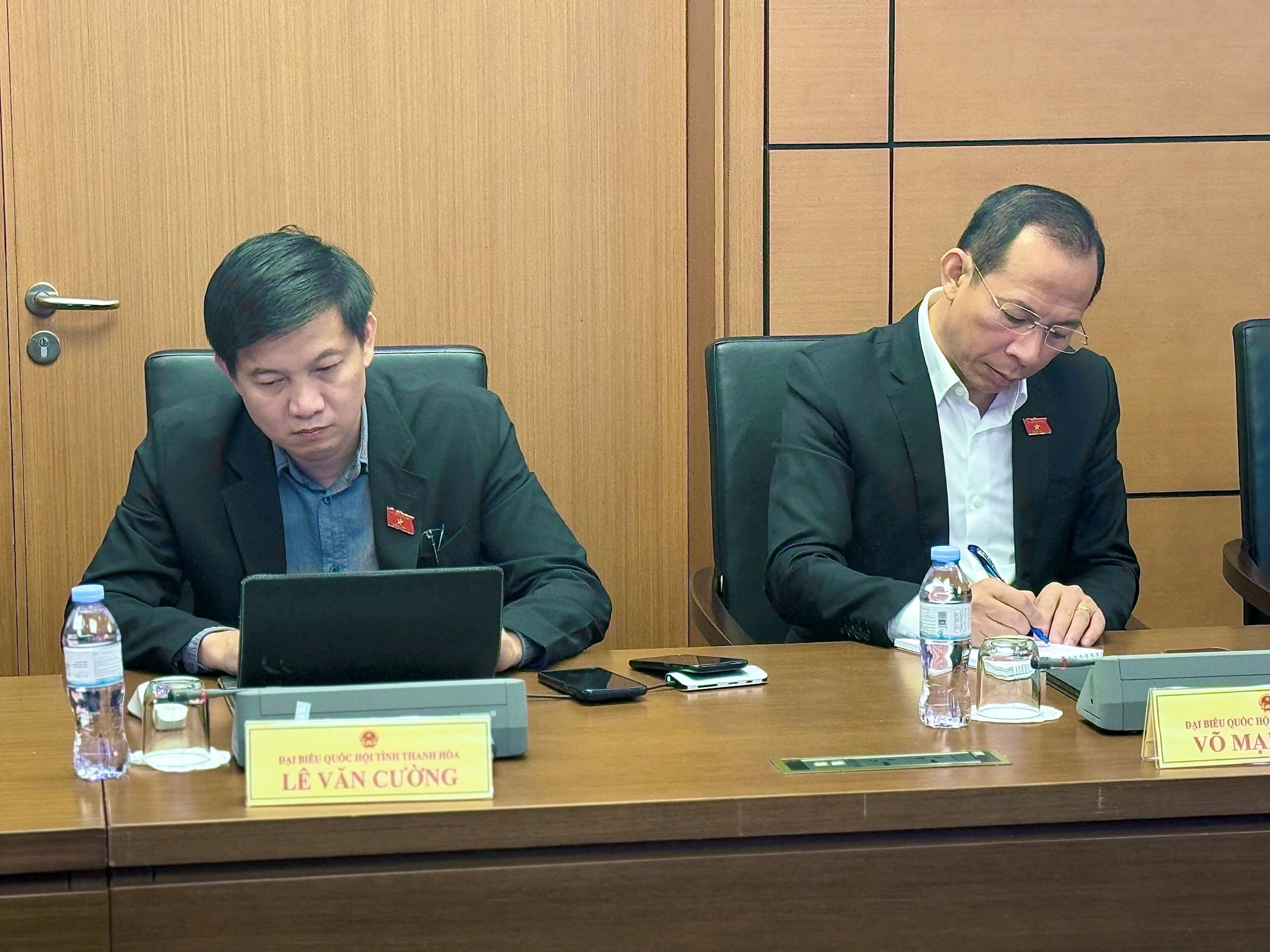
The delegate pointed out that in the recent period, when prosecuting subjects with acts of corruption and embezzlement, there were cases where these subjects owned a huge amount of assets up to thousands of billions of VND and could not prove their origin. However, the investigation agency could only prove the origin of embezzled and corrupt assets to a certain extent. For example, about 200 - 300 billion VND, the remaining assets could not be handled, even though it was clear that they were assets formed from illegal assets.
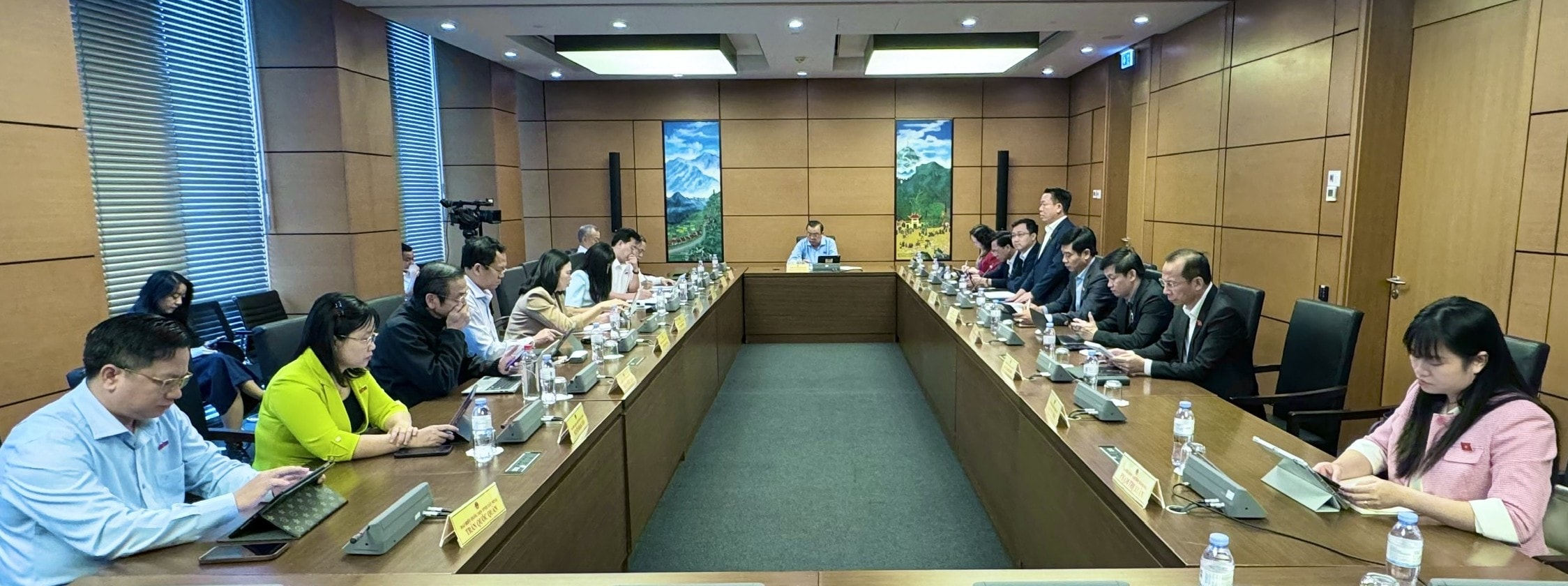
Accordingly, the delegate suggested that the drafting committee should study and supplement regulations on solutions for handling assets that people convicted of corruption and embezzlement cannot prove their legal origin. Because, currently there is no mechanism if it is not proven that the assets are illegal even if the owner of the assets cannot explain the origin of the assets. It is necessary to study to be able to collect them reasonably, at least like "collecting taxes" and need to change the view that collecting taxes does not mean legalizing assets for those assets of unknown origin.
According to delegate Le Thanh Hoan, one of the important contents of the draft law that needs to be amended and supplemented this time is the interconnection of data. Since the Land Law was established, a complete land database from the central to local levels has not been built.
“Until now, we have been searching for land data from the bottom up, not from the top down. Now we must have a plan to search from the top down, type in the name, type in the citizen identification number to get all the land data information. Many people think that this will reveal personal secrets, but for those who have been controlled in terms of anti-corruption, we must accept the inspection and control” - delegate Hoan emphasized.
In addition, the delegate also pointed out the fact that currently, buying and selling real estate in our country is too easy, just have money to buy without having to prove the origin of the money. This leads to embezzlement and corruption becoming easier. Accordingly, delegate Le Thanh Hoan suggested that there should be a mechanism to connect and link data on land and bank accounts to strengthen control of assets and income of officials and civil servants. Grant access to the database to competent agencies in anti-corruption to facilitate the inspection and control process.
Source: https://daibieunhandan.vn/can-giai-phap-xu-ly-tai-san-khong-the-chung-minh-duoc-nguon-goc-hop-phap-10394463.html





![[Photo] Opening of the 14th Conference of the 13th Party Central Committee](https://vphoto.vietnam.vn/thumb/1200x675/vietnam/resource/IMAGE/2025/11/05/1762310995216_a5-bnd-5742-5255-jpg.webp)


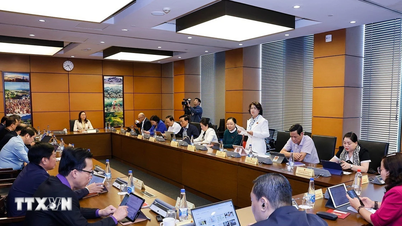

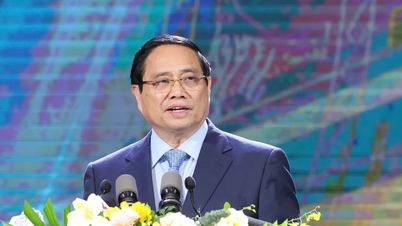

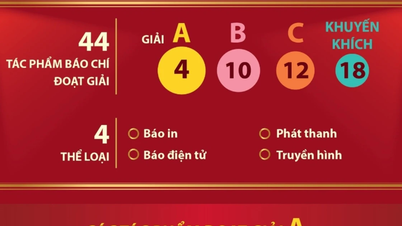
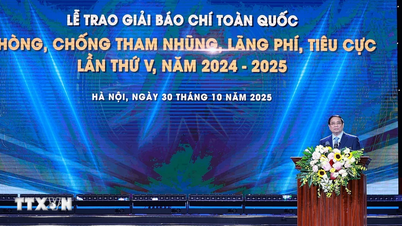
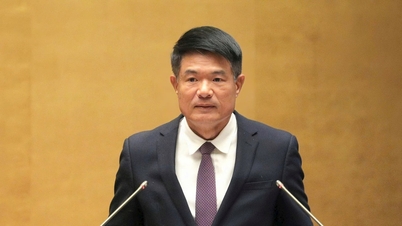


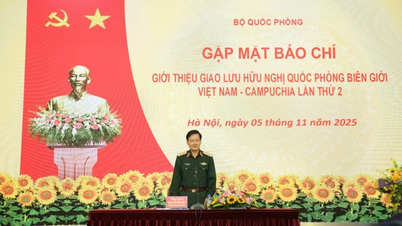

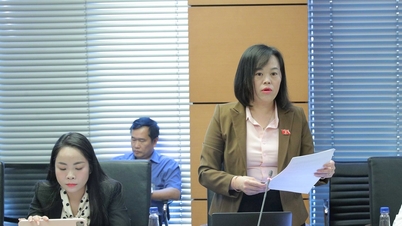
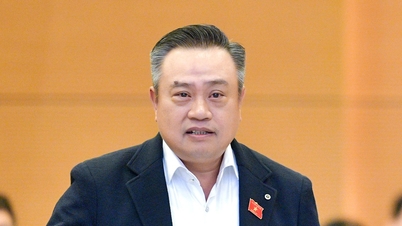



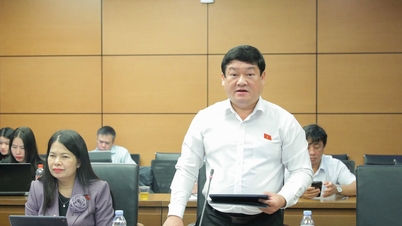
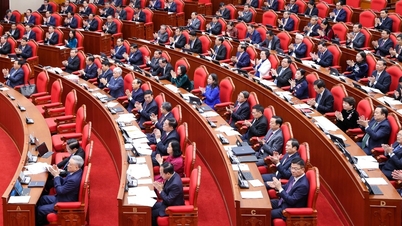





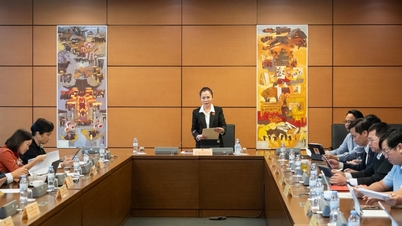

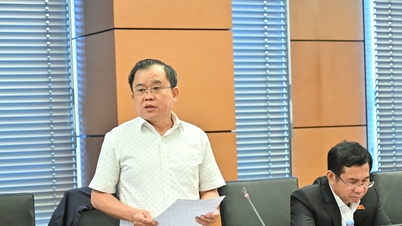

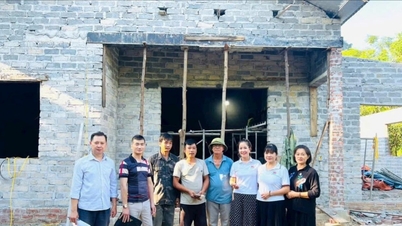
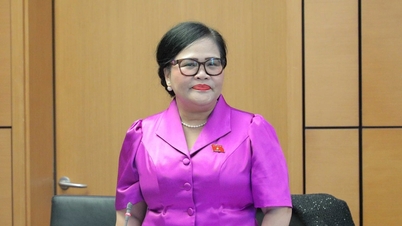

![[Photo] Panorama of the Patriotic Emulation Congress of Nhan Dan Newspaper for the period 2025-2030](https://vphoto.vietnam.vn/thumb/1200x675/vietnam/resource/IMAGE/2025/11/04/1762252775462_ndo_br_dhthiduayeuncbaond-6125-jpg.webp)
































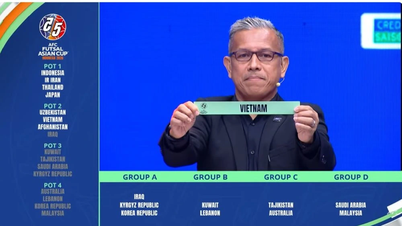







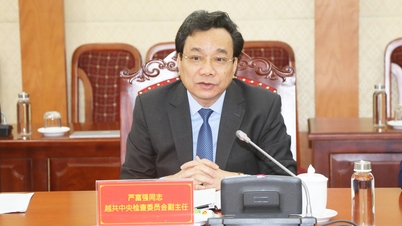

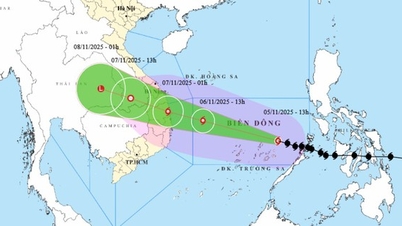




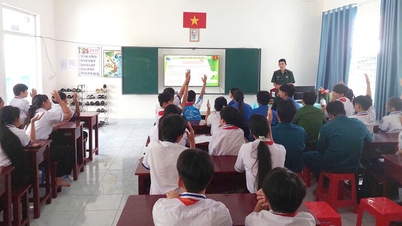

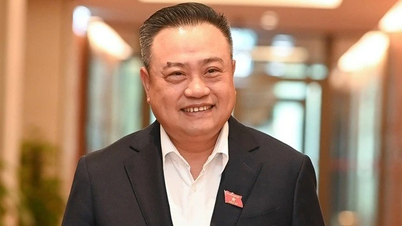

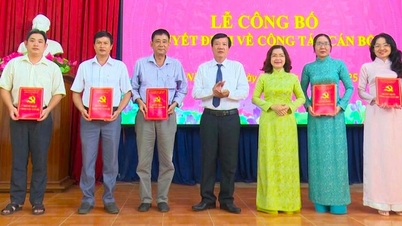
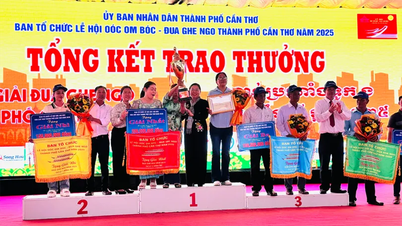

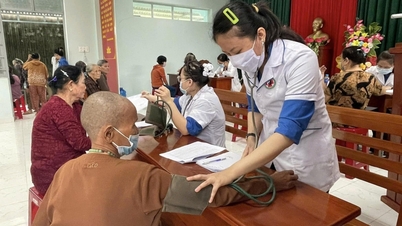

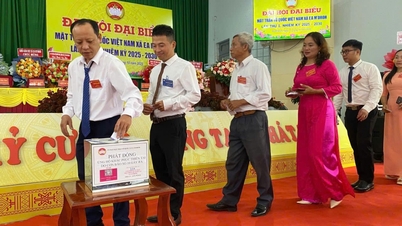















Comment (0)